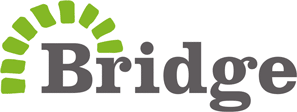Bridge began in order to help solve a single, seemingly intractable problem; one-in-two children are not learning. We help children in parts of the world where there is a shortage of learning, by boosting government schools or running complementary community schools. Since 2007, we have reached one million children through hundreds of schools across Africa and India.
We believe every child has the right to high-quality education. We work in partnership with governments, communities, teachers, and parents to support and deliver quality education to for primary and pre-primary children in developing countries.
We are data-driven and evidence-based and our model adapts to the needs of individual governments. We have re-engineered every part of the education system, from teacher training and support, to lesson delivery, construction, and financial administration; making government schools and community schools as effective as possible.
In Nigeria we are supporting the government to improve every public primary school and teacher in Edo State; In Borno State we are part of a tripartite partnership with the Borno State government and the Nigerian Stock Exchange and in Osun and Lagos States we run community schools. In Liberia, we are part of a public private partnership; and, in Andhra Pradesh—south-east India—we have an infrastructure partnership. In East Africa, we run hundreds of community schools. Our model holds us accountable to governments and families and we are flexible about our approach so long as we can serve more marginalised communities and improve learning outcomes for children.
There are around 600 million children in school who are not learning the basics, and a further 260 million not in school at all. We do not believe that we are the solution to this but we do believe that we are a part of it. Effectively tackling the learning crisis will take the commitment of a broad coalition including governments, NGOs, faith groups, and the private sector. Related to this commitment, we’re proud to have been a UN Global Compact participant since 2017.
Our model focuses on:
- Well supported teachers: teachers are retrained using new teaching and classroom management techniques and supported 24/7 by their school leader. They also benefit from ongoing training and continuous support both in and out of the classroom.
- World-class lessons: we always follow the curriculum of the countries in which we operate. Our lesson plans are developed through close collaboration between world leading academics, local experts and country-based education ministries. By leveraging the power of connected devices, we deliver professionally developed, up-to-the-minute lesson plans that provide every teacher with the core foundation needed for a successful learning experience in each subject, each day.
- Local context: we work closely with local governments to ensure we adhere to national and local standards.
- Academic rigour: we place a really strong focus on basic literacy, numeracy and critical-thinking skills in early grades.
- Personalised instruction: our handheld, wireless ‘teacher guides’ record attendance—of pupils and teachers—assess scores, track lesson pacing, and measure pupil comprehension. Our technology frees teachers from the time-intensive planning and administrative tasks creating more time for them to focus on what matters, teaching.
- Data and analytics: we use near real time data, analytics and advanced technology to constantly make changes that improve pupil learning outcomes.
- Bundled services: we streamline non-instructional management tasks such as payroll processing and expense management. This allows school leaders to focus on the critical work needed at the school level–overseeing lessons, supporting teachers and building relationships with families and the local community.
Our model means we can—and have—invested large sums of money in research, development and technology. We’ve made learning a science and we’re committed to continuing this rigorous development process so we can grow and expand to meet the needs of our families.





